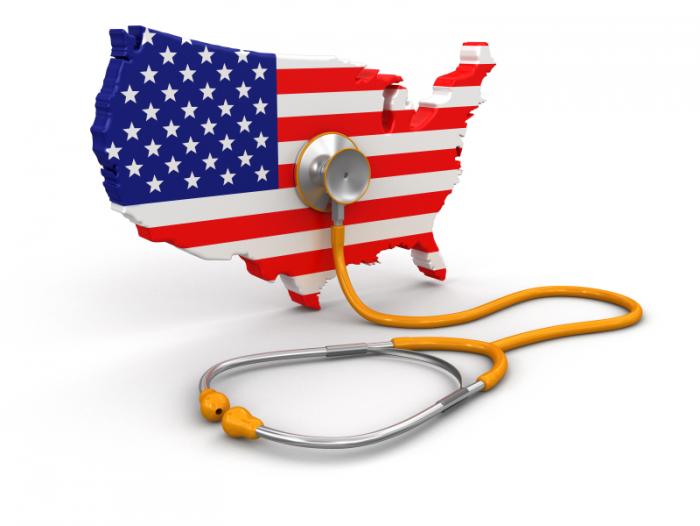The USA spends more money on health care per person than any country in the world. Though health care expenditure previously grew at a high annual rate, a new study published in The Lancet has reported that this growth in spending has slowed down greatly over the past decade.
This may seem surprising considering that several reforms have been made recently to expand health care coverage across the US population, leading to a drop in the number of people without medical insurance of 1.3 million people in 2011.
The Organisation for Economic Co-operation and Development (OECD) compared the spending and policies of the USA and five other high-spending countries - Canada, France, Germany, the Netherlands and Switzerland - and found that the US's spending growth had fallen to 1% over the last decade; around the same as the average growth rate in the other countries.
Previously in 2002, the US's health expenditure growth was around 7%, much higher than the approximate 3% which was the average for the other countries examined in the study
Disparity in spending
The Centers for Disease Control and Prevention (CDC) report that the US's total national health expenditures are $2.7 trillion a year. This figure breaks down as $8,680 per person, and makes up 17.9% of the country's Gross Domestic Product.

The US spends more on health care per capita than any country in the world.
Luca Lorenzoni, lead author of the study, notes that the US stands apart from other countries when it comes to health care:
"The USA are an outlier in the scenery of OECD health care systems, for their staggering levels of expenditure, the extent of fragmentation of their system and the sheer complexity of its administration, the power of vested interests, and the large number of people left without adequate health insurance coverage."
It is believed that the main reason for the disparity in health care expenditure between the USA and the other high-income countries studied by the OECD is that health sector prices, for hospital care and prescription drugs, for example, are higher in the US.
The authors believe that the gains made in reducing health care spending can be attributed to price dynamics, such as the increased utilization of cheaper drugs, and reduction or lack of growth in physician reimbursement rates.
Future expenditure
The OECD are an international group who aim to "promote policies that will improve the economic and social well-being of people around the world."
They warn that further future economic recovery could have an adverse effect on this reduction of health care spending. Lorenzoni says that the progress that their study has found is no reason for complacency:





